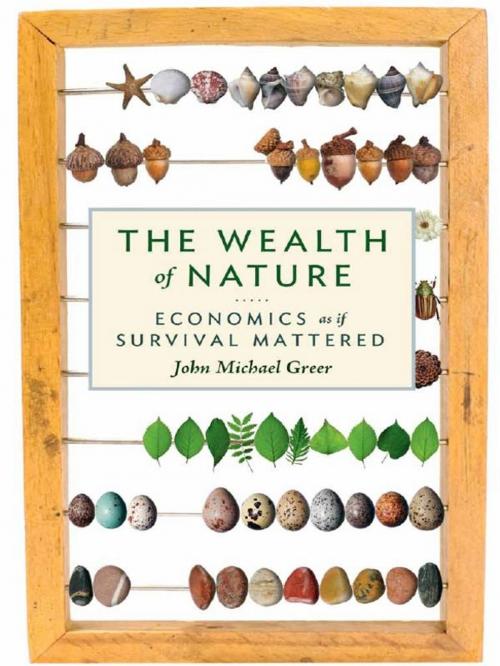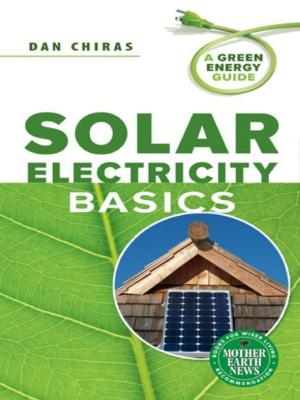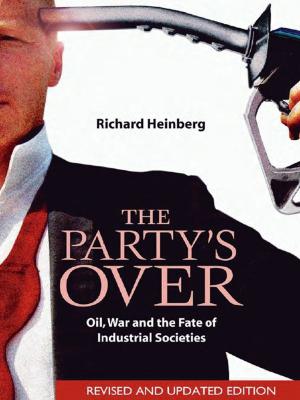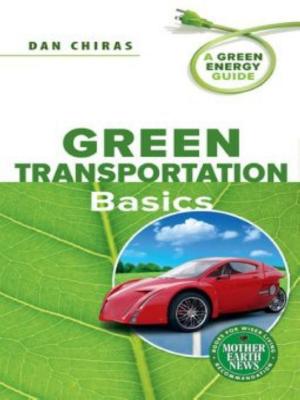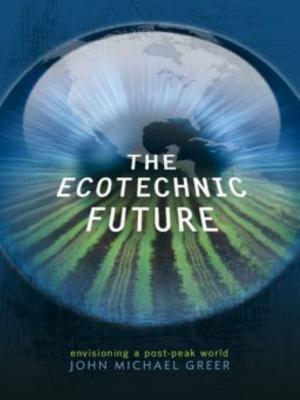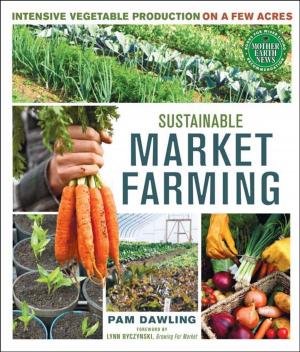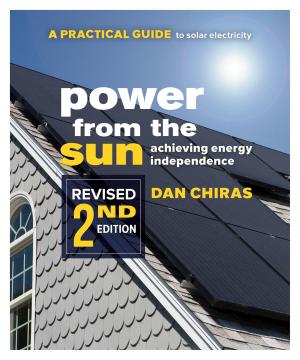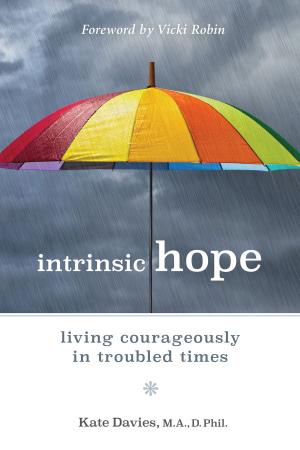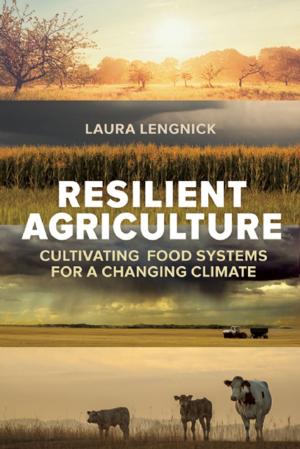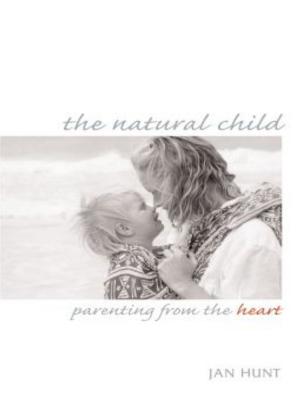| Author: | John Michael Greer | ISBN: | 9781550924787 |
| Publisher: | New Society Publishers | Publication: | June 1, 2011 |
| Imprint: | Language: | English |
| Author: | John Michael Greer |
| ISBN: | 9781550924787 |
| Publisher: | New Society Publishers |
| Publication: | June 1, 2011 |
| Imprint: | |
| Language: | English |
The Wealth of Nature proposes a new model of economics based on the integral value of ecology. Building on the foundations of E.F. Schumacher's revolutionary economics as if people mattered this book examines the true cost of confusing money with wealth. By analyzing the mistakes of contemporary economics it shows how an economy centered on natural capitalthe raw materials that support human lifecan move our society toward a more productive relationship with the planet that sustains us all.The Wealth of Nature suggests public policy initiatives and personal choices that can help alleviate the economic impact of peak oil. These strategies must address not only financial concerns but the issues of resource depletion and pollution as well. Examples include: * Adjusting tax policy to penalize the use of natural nonrenewable resources over recycled materials * Placing public welfare above corporate interests * Empowering individuals families and communities by prioritizing local sustainable solutions * Building economies at an appropriate scale.Profoundly insightful and impeccably argued this book is required reading for anyone interested in the intersection of the environment and the economy as we enter the twilight of the Age of Abundance .
The Wealth of Nature proposes a new model of economics based on the integral value of ecology. Building on the foundations of E.F. Schumacher's revolutionary economics as if people mattered this book examines the true cost of confusing money with wealth. By analyzing the mistakes of contemporary economics it shows how an economy centered on natural capitalthe raw materials that support human lifecan move our society toward a more productive relationship with the planet that sustains us all.The Wealth of Nature suggests public policy initiatives and personal choices that can help alleviate the economic impact of peak oil. These strategies must address not only financial concerns but the issues of resource depletion and pollution as well. Examples include: * Adjusting tax policy to penalize the use of natural nonrenewable resources over recycled materials * Placing public welfare above corporate interests * Empowering individuals families and communities by prioritizing local sustainable solutions * Building economies at an appropriate scale.Profoundly insightful and impeccably argued this book is required reading for anyone interested in the intersection of the environment and the economy as we enter the twilight of the Age of Abundance .
